In the remote village of Wapher under Samator Block of Tuensang District of Nagaland, 75 plus Torephkiu, Head Gaon Bura, was basking in the eco-friendly compound of his house. 2nd of August, 2010 was a warm day in this high altitude village. It had rained the whole of previous night leaving a severe impact on electric supply. After a long interval, a senior Civil Servant was visiting his forgotten and neglected village. He had extended his helping hand to the Village Council Chairman, Shuhven, an ex-serviceman as also a Pastor in making hectic preparations for the visit. The slushy foot path leading to a meeting hall constructed under BADP had been cleaned, pot-holes were filled up and a fixed sum was ear marked for tea, refreshments and lunch.
Though news had been spread a few days in advance to call the working SHG members of the village, half of them had not understood the purpose behind the meeting. This much was sure that some announcement was going to be made in respect of a new scheme or two.
Torepkiu, proud owner of six Mithuns was leading a contented life with lukewarm backup of his second wife, 20 years junior to him in age. While most of his five children from the deceased first wife had settled in life, three of the off springs from his latest bride were attending a dilapidated Government Junior High School,closeby. While giving coins to them liberally as an incentive to concentrate on studies, he would not hesitate to extend this facility to all the neighborhood tiny tots on almost regular basis. Some of them would also get financial assistance for buying school uniforms and paying monthly fees. They would avail of a self declared holiday whenever the footpath leading to school would get submerged / become slippery as a result of heavy downpour. They would be also ‘eligible’ for a holiday, each time the teachers decided to have a gala time in Tuensang or Mokokchung.
When the entourage led by a senior officer of Union of India arrived at the village gate, Torepkiu’s joy knew no bounds. Though the Council Chairman, and the Pastor took lead in welcoming him, Torepkiu did not want to lag behind. A nagging pain in his left calf muscles did not deter his spirits. Rather, wearing a half-sleeved orange coloured vest and non-ironed black shorts, he attempted to walk fast with the help of a stick.
After exchange of pleasantries, the convoy slowly moved through the flat grassy land. Some of the women and children witnessed the whole development with interest. Otherwise also, the day had turned bright and sunny after almost a week. The brightness ensured quick drying up of wet and smelly warm cloths apart from organizing a sort of ‘sunning and airing ceremony’ for the household items of daily use.
Subsequent to a round of the village, including youth dormitory, the formal meeting was called to order in the modest, wooden meeting hall. The guest was welcomed with a traditional woolen shawl bearing the symbol/logo of the dominant tribe of Wapher. The speakers included the Council Chairman, the Pastor and Shuhven.The last named became an Interpreter due to his command over Hindi language. In the normal course, Torepkiu’s turn would not have come. When the guest evinced keen interest in his background and experience, he not only became vocal, he also threw sufficient light on the constraints and development prospects of the remote village. Like a seasoned leader, he would crack jokes in between while making submissions. Despite the dismal record of poverty alleviation schemes, he expressed a ray of hope for the toiling masses, without following a bit about the emerging group oriented approach of the Government.
Useful notes were exchanged, experiences shared and vital information was gathered, both in respect of functional and defunct SHGs during the course of interaction. Also on being asked, a fervent desire was expressed for coming under the umbrella of new SHGs depending upon the promotion prospects of a particular trade or activity.
It appeared that the villagers in general were miles away from the ambit of modern markets, what to talk of transporting the surplus products or adding value to them. The thrift habit was yet to pick up, though there was an urge for same, more so, among women in a society otherwise fully dominated by hefty and tall men. Credit link with the banks was also ruled out, as the nearest branch was located at a distance of 35 kms, requiring an irritating journey time of minimum six to seven hours.
As per prevailing tradition, the women were kept out of the meeting. Their role was limited to serving ethnic snacks, cold drink and tea. They could, nevertheless, be contacted near the gate when the GOI functionary expressed a desire to meet them. In his opinion, they were going to be main beneficiaries of the scheme, he had come to explain and advocate. This interaction made possible with the help of Torepkiu and the village Pastor could invite useful insights into the overall potential of the community. Within no time, the present villagers could regroup themselves into five to six new self help groups. They appeared more interested if not motivated.
The delayed lunch at Chairman’s traditional villa turned out to be a more relaxed affair. Varieties of ethnic non-vegetarian dishes were served with care and smile by four daughters of Chairman. Fortunately, three of them were studying and one of them had a plan to go to Kohima for higher studies. Torepkiu, despite being requested, refused to eat, for, in his scheme of things, meals were to be taken only twice- 9:30 AM and 5.30PM.
Sharp at 5pm, it began getting dark. It was time for the guest from Guwahati to leave. Accompanied by the District and Block officials, he summed up the nuts and bolts of the project to the eager villagers. Getting into his fur jacket, he did not forget to thank one and all, apart from showing them some semblance of optimism. He got an opportunity to shake hands with everyone except Torepkiu.
When the convoy of four Jeeps passed by the high and impressive traditional gate of the village, the uniformed Village Guard gave a smart salute. A few children ran from behind to bid good bye. Away from the gate, near an unused bus stop, a man hiding under an old thick blanket was also seen waving at the Jeeps. He uttered to himself-“whether they do something for the village or not, I have done my duty, to the best of my ability”. Can you guess, who was he?
The emerging, crystal clear rainbow from the nearby Myanmar border at dusk attempted to narrate a story with a tinge of hope and optimism. Without noticing this rare spectacle, the Govt. Jeeps picked up momentum to reach Tuensang.
Within a few months, the Civil Servant in question was transferred, leading to a situation when no dent could be made in the fragile socio-economic structure of the village, despite dedicated efforts.
Monday, July 18, 2011
Subscribe to:
Post Comments (Atom)


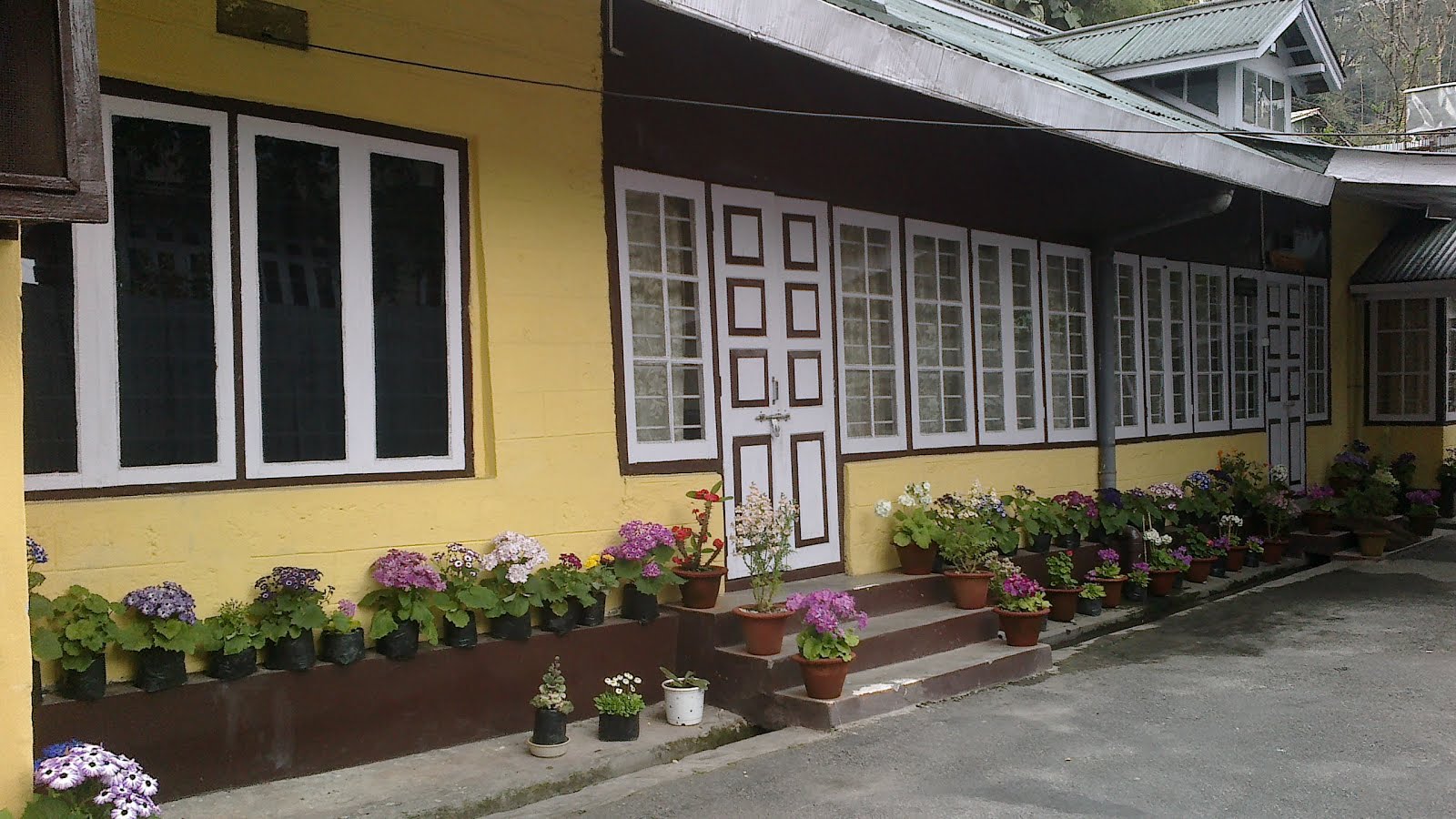







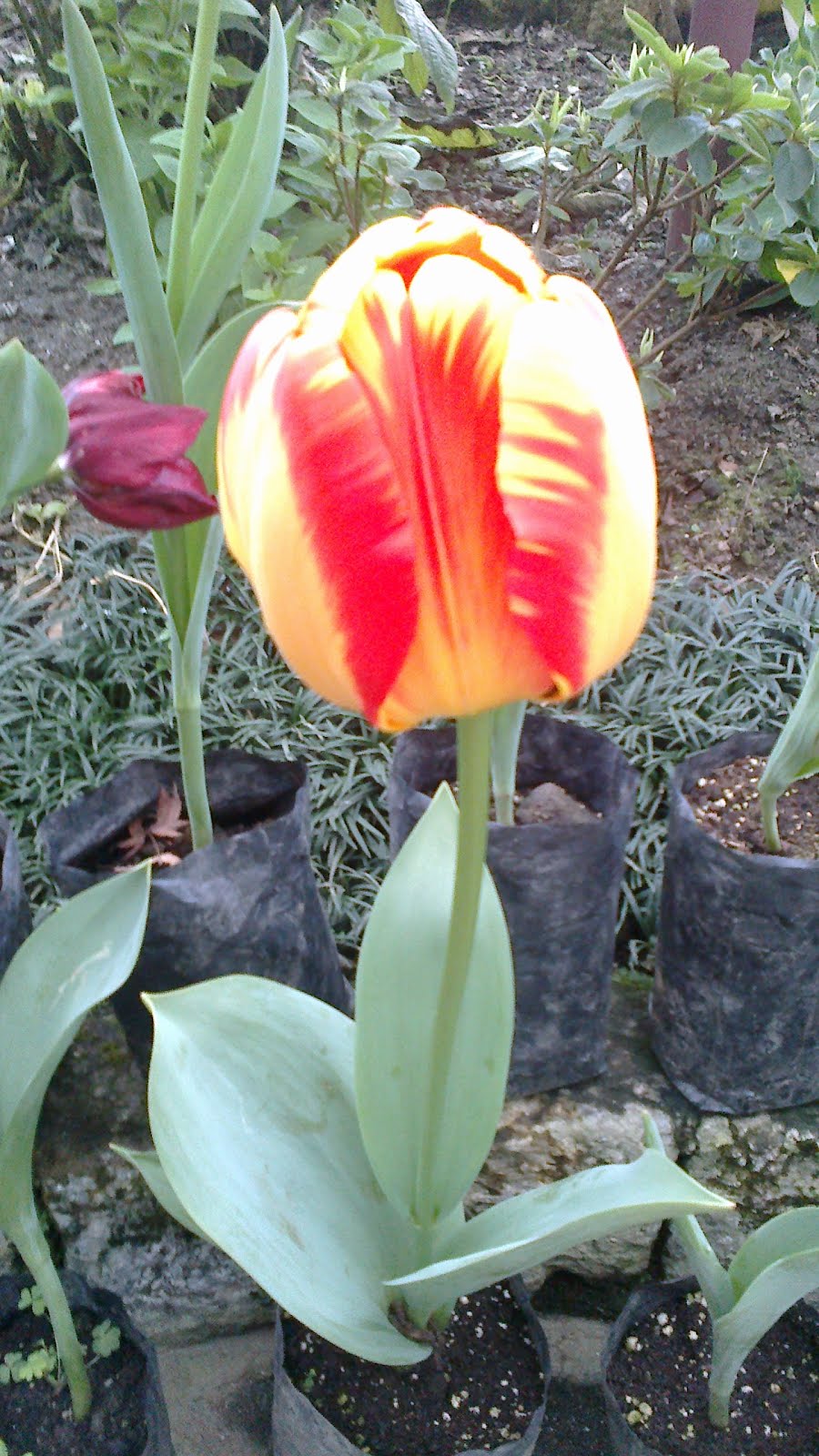
















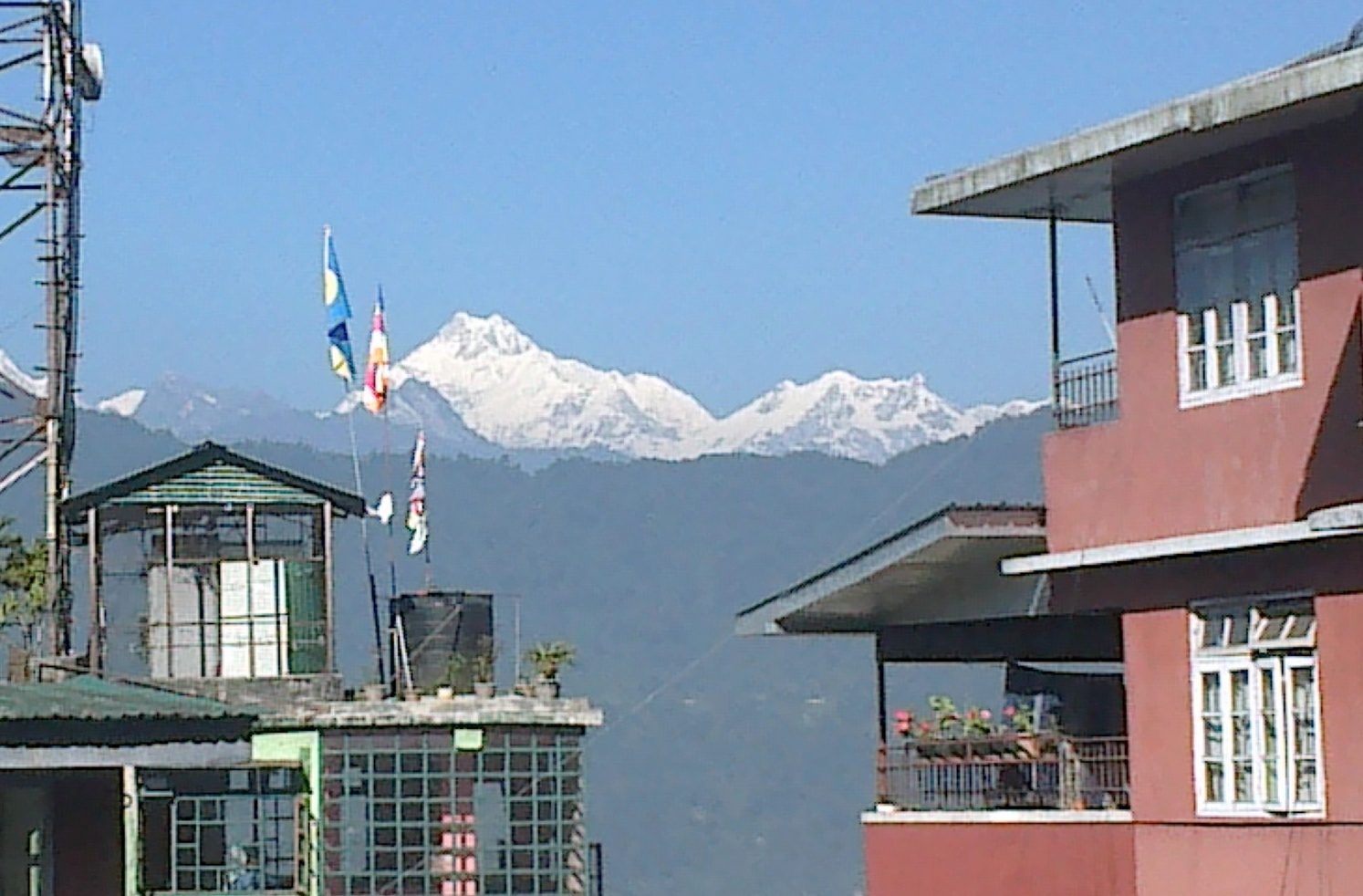














































































































































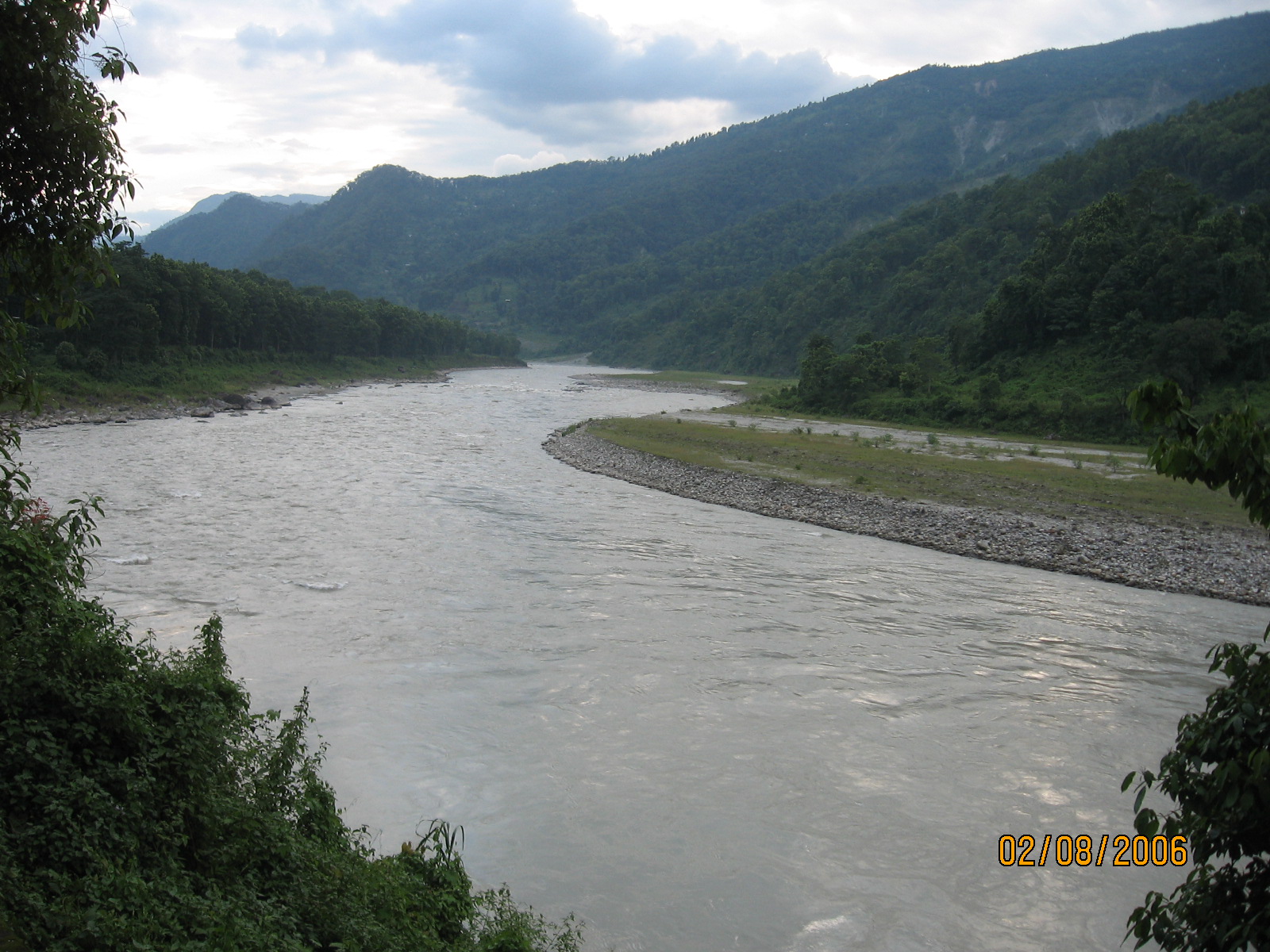

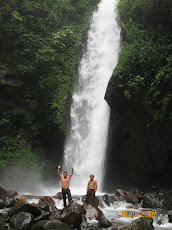
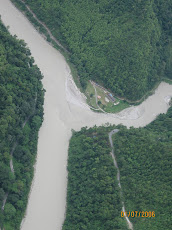
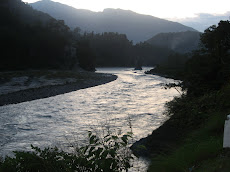
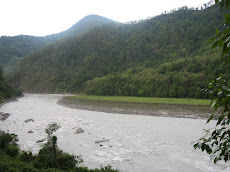
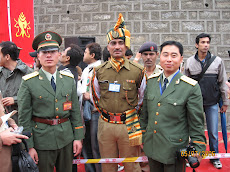
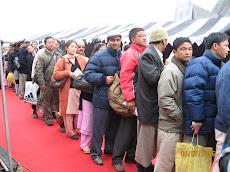
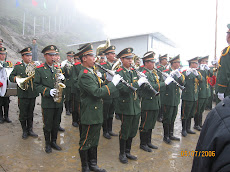


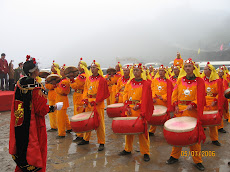
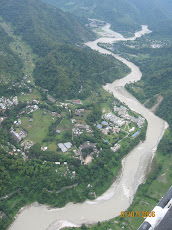




















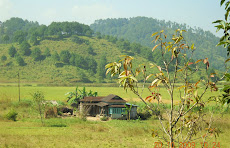
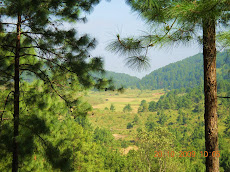








.jpg)








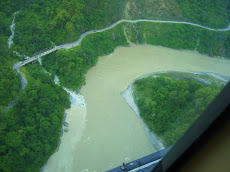


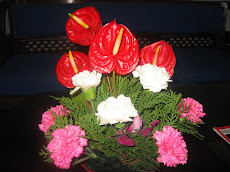







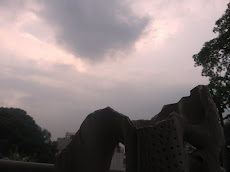


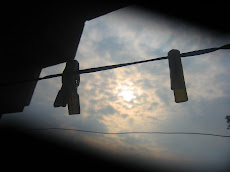








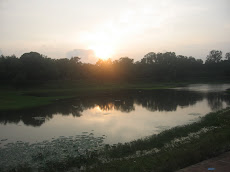



























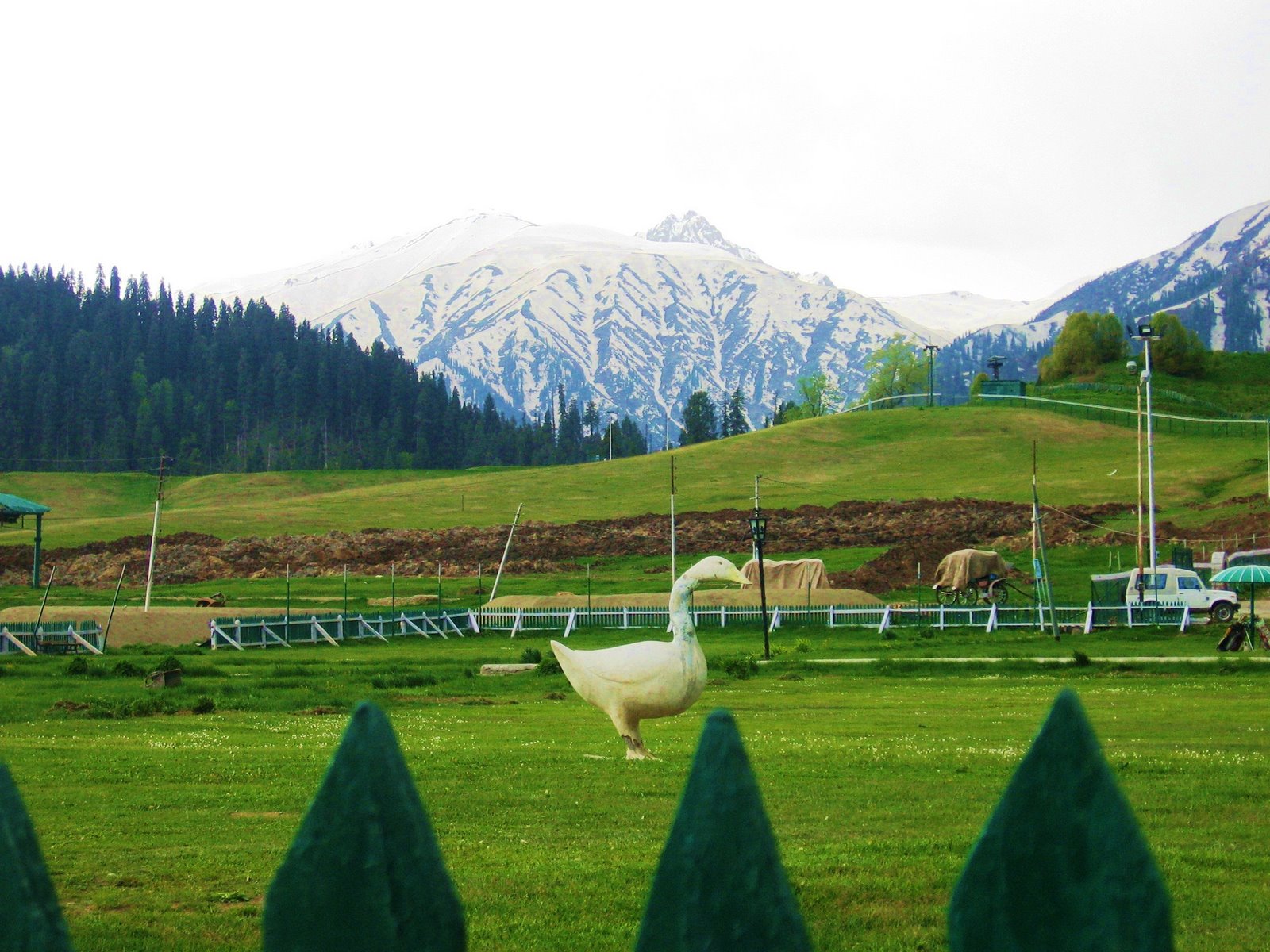
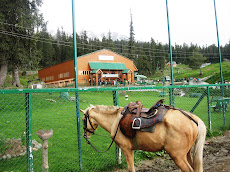
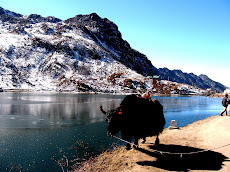








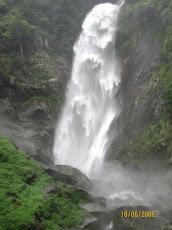



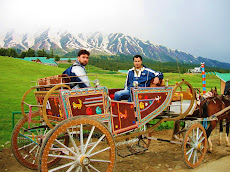






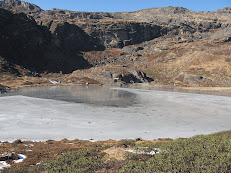

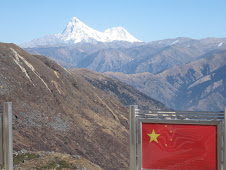



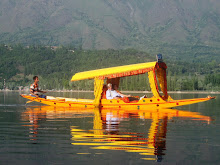
1 comment:
Sir, You are a keen observer with an exceptional capacity to turn a visit note into a mermerising memoirs.
Post a Comment